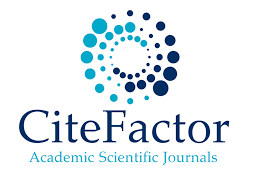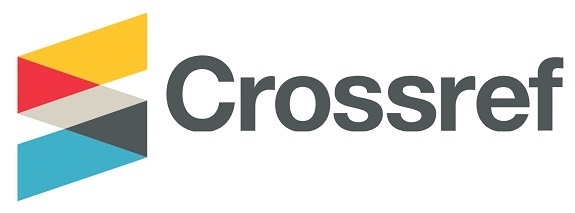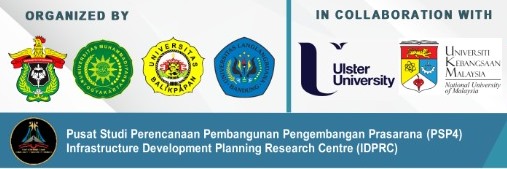Review of Problems on River Basin Integrated Management Policies; Study Case Ternate City
Keywords:
Flood, Management Policy, Ternate, River BasinAbstract
Indonesia's rivers and watersheds are quickly degrading. Watershed land use functions have been changed because of population and economic expansion. This has increased peak flood flows and erosion along rivers. This problem demands a multi-stakeholder approach to minimize harm. Ternate is a medium-sized island city with a small land area and minimal water supply. Flood control is still in its infancy. There will be a water shortage in 2030 if the 150 liters per person per day need is not met. This paper conducts a literature evaluation on the problems surrounding the implementation of the Integrated Policy on River Basin Management. Until now, a few groups or stakeholders have controlled the implementation process. Monitoring and evaluation (monev) operations are still undervalued, resulting in underachieving river management objectives. In water resource management, failures can occur owing to a lack of collaboration and teamwork. Neither party wants to reinforce the other's responsibilities and actions. Working together has not yet produced ideal synergy. Flood and drought forecasting technologies are lacking, as is an early warning system to avoid fatalities. Technical and non-technical river management financing strategies are not effectively controlled. The lack of funds for operations and maintenance typically results in poor river basin management.
Downloads
Published
How to Cite
Issue
Section
License
Copyright (c) 2022 PROCEEDING OF INTERNATIONAL CONFERENCE ON APPLIED SMART AND GREEN INNOVATION

This work is licensed under a Creative Commons Attribution 4.0 International License.

















